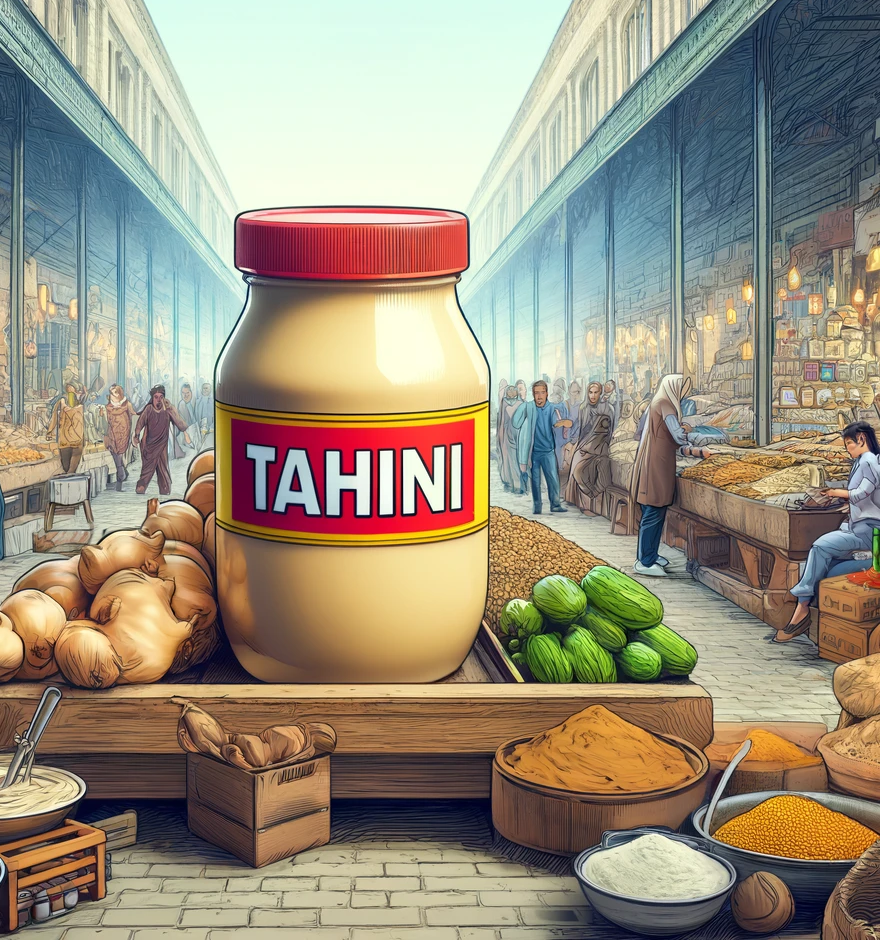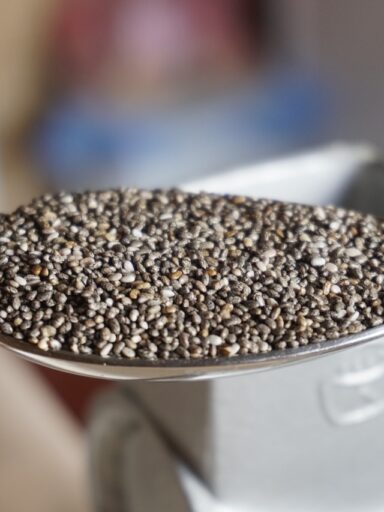Tahini, a thick paste made from ground sesame seeds, has a rich history and significant socio-economic implications. Originating from the Middle East, it has been treasured for centuries and played a crucial role in the economies of various regions. Sesame seeds, which have been cultivated since 2 AD in Egypt, hold immense value both culturally and economically.
The cultivation of sesame seeds has created new opportunities for generations. Native to sub-Saharan Africa, sesame plants thrive in warmer climates, making regions like Sudan, India, Myanmar, and Tanzania major producers. Sudan is the largest global producer, with an annual output of over 832,000 tons as of 2021.
The production and trade of tahini stimulate economic activity and provide income for farmers, processors, and distributors. It contributes to the agricultural sector’s growth, job creation, and income generation, supporting the livelihoods of individuals involved in the tahini supply chain.
In addition to its economic significance, tahini holds cultural and historical value. It is deeply rooted in Middle Eastern traditions and has become a part of many cultures’ cuisines.
Tahini highlights how food and culture intersect with socioeconomic systems, bringing diverse communities together and shaping their interconnectedness.
Grow them in your backyard!
Tahini does not have to be an expensive paste bought from the store. Sesame seeds can easily be grown at home and later roasted and blended in order to make tahini. The first thing you will need to know is what your area’s climate is like. These seeds thrive in a hot and dry climate.
Use soil that is light and make sure the seeds aren’t covered by anything. An ideal temperature for them would be around 70 degrees Fahrenheit (21 Celcius). Using raised beds would be ideal for this plant to grow as they love warm temperatures.
At first, flowering plants will appear which will later on hold seed pods that will split open. Collect the seeds from there and make sure to save a few for your next harvest.
Economic
The economic impacts of sesame seeds and tahini are multifaceted. They extend across various aspects, from global trade and agriculture to local economies and employment opportunities. Some of the economic implications include:
Global trade: Sesame seeds and tahini are globally traded products and they contribute to international trade and economic exchange. These seeds generate revenue for countries that are major producers and exporters of them, such as India, China, Myanmar, and Sudan. Sesame seeds are in demand worldwide, due to their use in both sweet and savory dishes, their health benefits, and the rise of plant-based diets. They have been deeply rooted in Asian, Middle Eastern, and African cuisines, and have found their way into mainstream culinary practices worldwide.
Agriculture and farming: Cultivating sesame seed provides a source of income for farmers in regions where it is grown. It is an important cash crop for many farmers, especially in developing countries. Growing sesame seeds create employment opportunities in the agricultural sector and contribute to rural economies.
Market value and consumer demand: The increasing popularity of tahini and the growing interest in plant-based foods and healthy ingredients have impacted the market value of sesame seeds and tahini products. This demand drives increased production and encourages investments in sesame seed production and marketing.
Sustainable sourcing and fair trade: The economic impact of sesame seeds and tahini also include sustainability and fair trade practices. Fair trade practices are ethical principles aimed at promoting fair relationships in global trade. The goal of fair trade is to ensure that producers, particularly those in developing countries, receive fair compensation for their labor and products. These standards aim to provide fair wages and better working conditions for farmers and workers involved in sesame seed production, promoting social and economic justice.




